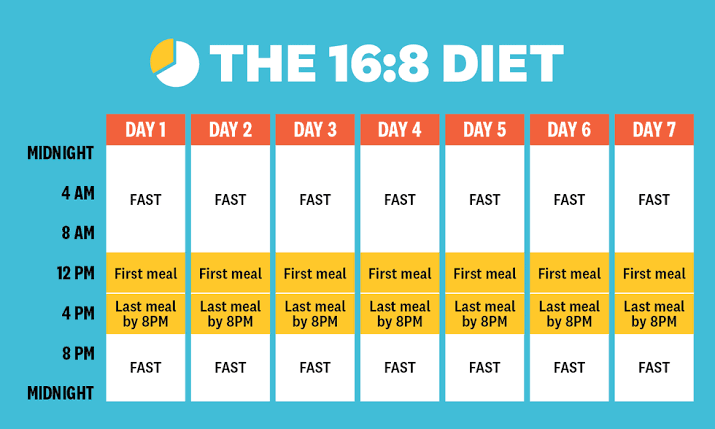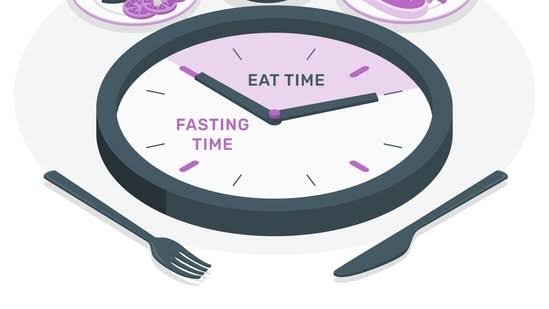Fasting holds immense significance in many cultures and religions around the world. It is not just an act of abstaining from food and drink; it is a spiritual practice that promotes self-discipline, gratitude, and a deeper connection with one’s beliefs. For those observing fasts, understanding the precise timing for beginning and breaking their fast is essential.
Whether it’s during Ramadan for Muslims, religious fasts for other faiths, or intermittent fasting as a health practice, being informed about fasting times ensures the process is smooth, meaningful, and aligned with specific traditions or health goals.
The Meaning of Fasting
Fasting has been a cornerstone of spiritual and health practices for centuries. In religious contexts, it is often an act of devotion, showing gratitude, repentance, and humility. For Muslims, fasting during the holy month of Ramadan is a key pillar of their faith. Similarly, fasting is observed in Christianity during Lent, in Hinduism on special occasions, and in Judaism during Yom Kippur.

Beyond its religious significance, fasting is embraced as a lifestyle practice for health and wellness. Intermittent fasting, a popular trend, has gained global attention for its reported benefits, including weight loss, improved metabolism, and mental clarity. Regardless of the reason for fasting, knowing the exact timing plays a crucial role in maximizing its benefits.

The Science Behind Fasting Timings
Fasting timings are closely linked to the body’s circadian rhythm and natural cycles. For those following religious fasting, times are often determined by natural phenomena like sunrise and sunset. For instance, in Ramadan, fasting begins at Fajr, the pre-dawn prayer, and ends at Maghrib, the sunset prayer. This alignment with nature reinforces the spiritual connection.

In intermittent fasting, timings vary depending on the chosen method. Popular approaches include the 16/8 method (16 hours of fasting with an 8-hour eating window) or the 5:2 diet (eating normally for five days and significantly reducing calorie intake on two non-consecutive days). For intermittent fasting to work effectively, sticking to consistent start and end times is critical.
Fasting Times Today for Religious Observances
For individuals observing religious fasts, prayer and fasting times depend on geographical location and the movement of the sun. Advanced tools like mobile apps and websites provide precise timings, ensuring that individuals never miss their window for breaking or starting their fast.
For Muslims observing Ramadan or other voluntary fasts, the day begins with Suhoor, the pre-dawn meal, before Fajr. The fast is maintained throughout the day and ends with Iftar, the meal at sunset after Maghrib. Staying mindful of these times enhances the spiritual experience and aligns with religious teachings.
Similarly, for Hindus fasting for Ekadashi, Navratri, or Karva Chauth, the timings are determined by the lunar calendar. Many adherents keep a close watch on the Panchang (Hindu calendar) to observe the fast at the most auspicious times.
Planning Your Day Around Fasting
To make the fasting experience more manageable and fulfilling, planning your day is essential. This applies to both religious fasting and health-related fasting practices. Here are some practical tips to help you stay on track:
1. Wake Up Early:
For religious fasts, starting the day with a pre-dawn meal is critical. In health-based fasting like intermittent fasting, timing the last meal of the day to allow adequate fasting hours is equally important.
2. Stay Hydrated:
During fasting periods, especially in hot climates, hydration is key. Drinking plenty of water during non-fasting hours ensures you stay energized and avoid dehydration.
3. Choose Nutrient-Dense Foods:
Meals before and after fasting should include a balance of proteins, healthy fats, and carbohydrates. For religious fasts, traditional foods like dates and soups provide quick energy and hydration. In intermittent fasting, focusing on whole, unprocessed foods keeps your energy levels stable.
4. Avoid Overeating:
When breaking a fast, the temptation to indulge can be strong. However, overeating can lead to discomfort and negate the benefits of fasting. Moderation is key to maintaining health and spiritual focus.
5. Prioritize Rest and Reflection:
Fasting can be physically and mentally taxing. Incorporating moments of rest and spiritual reflection throughout the day helps rejuvenate your body and mind.
The Role of Technology in Fasting
In today’s digital age, staying updated with fasting times has become more convenient than ever. Several apps and online platforms provide accurate, location-based prayer and fasting schedules. They include alarms for Suhoor and Iftar, personalized notifications, and even prayer guides.
For those practicing intermittent fasting, mobile apps can help track fasting and eating windows. These tools also offer insights into progress, helping users stay motivated and disciplined. The integration of technology with traditional fasting practices bridges the gap between ancient rituals and modern convenience.
Spiritual and Physical Benefits of Fasting
Fasting offers profound benefits that go beyond the physical realm. It encourages self-control, patience, and empathy for those who face hunger regularly. Spiritually, fasting is a time for individuals to cleanse their minds and hearts, seeking forgiveness and gratitude.
From a physical perspective, fasting allows the body to detoxify and rest from constant digestion. Studies have shown that intermittent fasting can improve metabolic health, promote fat loss, and enhance brain function. Religious fasting, on the other hand, is often accompanied by charitable acts and community gatherings, fostering a sense of connection and belonging.
Challenges During Fasting and How to Overcome Them
Despite its numerous benefits, fasting can be challenging, especially for beginners. The most common hurdles include fatigue, hunger, and irritability. However, with the right approach, these can be managed effectively:
1. Start Gradually:
If you’re new to fasting, begin with shorter durations to allow your body to adjust. Gradual transitions help prevent feelings of overwhelm.
2. Manage Energy Levels:
Engage in light activities during fasting hours and avoid strenuous tasks. Listening to your body and respecting its limits is important.
3. Stay Positive:
Fasting is as much a mental practice as it is physical. Maintaining a positive mindset helps you stay focused on the spiritual or health-related goals of fasting.
The Joy of Breaking a Fast
One of the most rewarding moments of fasting is breaking it. For Muslims, the Iftar meal is often a communal event, bringing families and friends together. Similarly, in Hindu and Christian traditions, breaking a fast is a moment of gratitude and celebration.
Breaking a fast mindfully enhances the experience. Taking small sips of water or eating a date, as is customary in Islam, allows the body to ease back into digestion. Sharing this moment with loved ones strengthens bonds and reminds individuals of the deeper purpose behind fasting.
Final Thoughts
Fasting is more than an act of abstaining from food and drink; it is a powerful practice that nurtures the body, mind, and soul. Whether it’s a spiritual journey or a health-oriented goal, fasting requires preparation, dedication, and mindfulness.
By understanding fasting times and planning your day around them, you can fully embrace the experience and reap its countless benefits. Today’s technology makes it easier than ever to stay informed and disciplined, allowing you to focus on the deeper purpose of fasting.
As you observe fasting today, remember that it is a journey of self-discovery, spiritual growth, and resilience. Whether it’s through Suhoor and Iftar or health-focused eating windows, fasting connects you to something greater, offering a sense of empowerment and fulfillment.
Do follow Uae stories for more update












